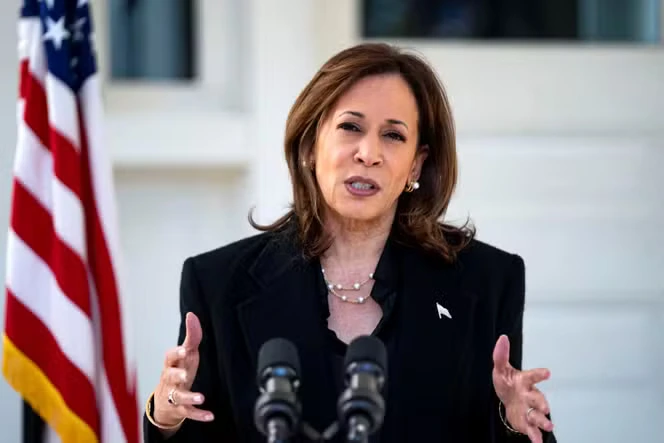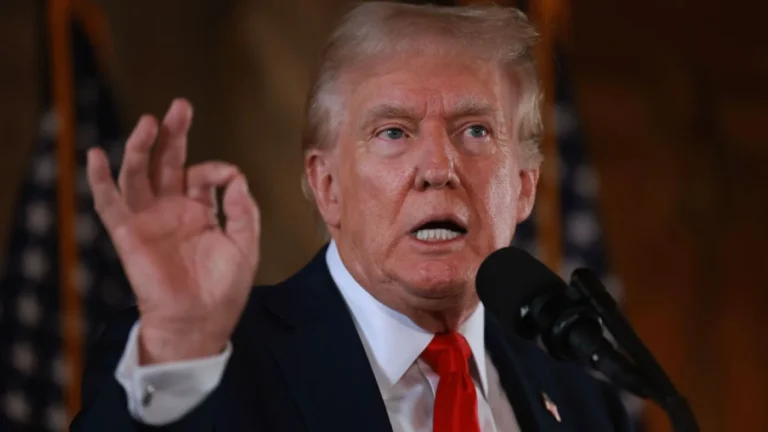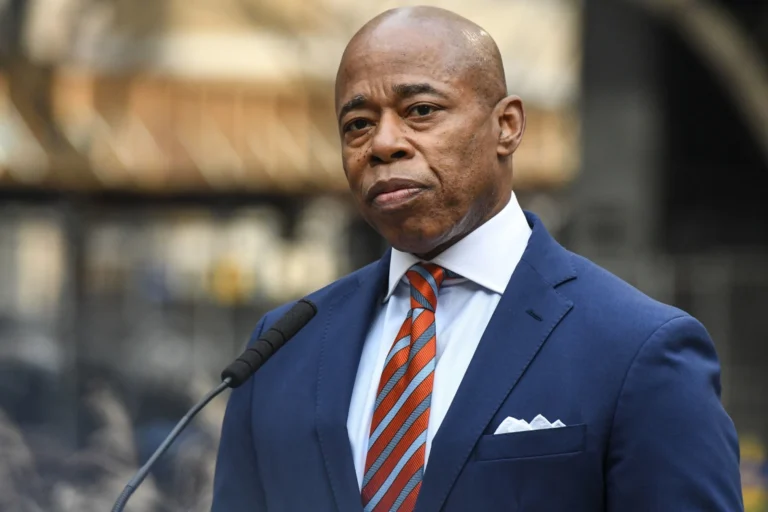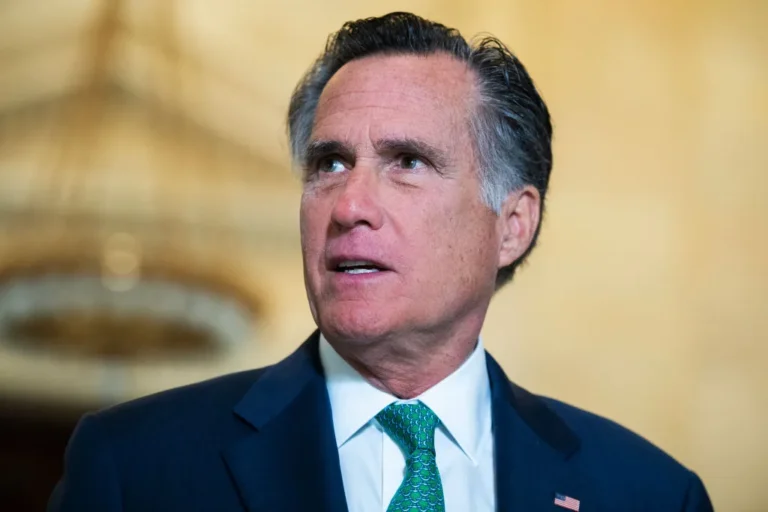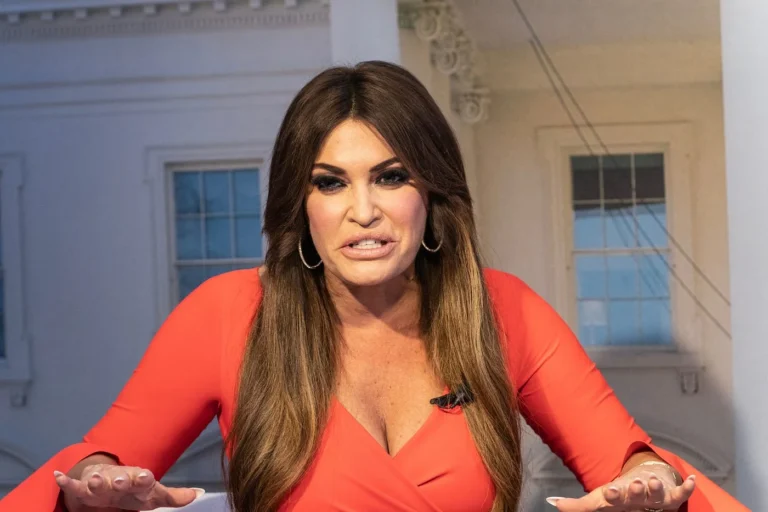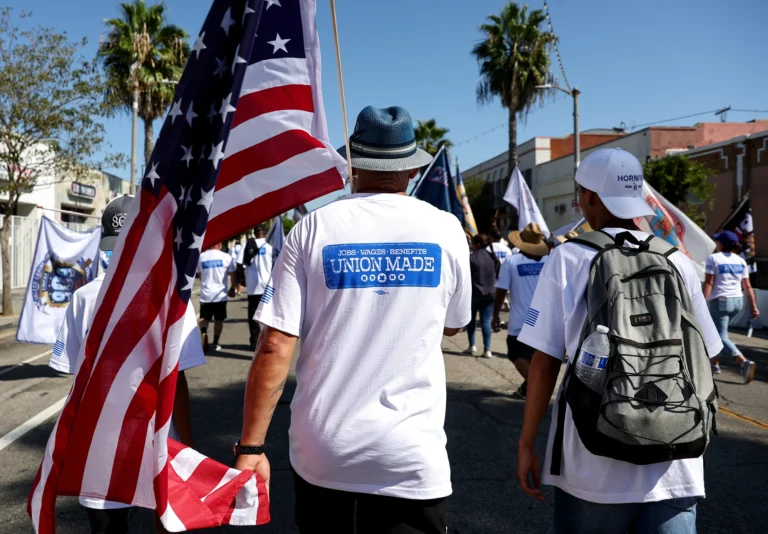Kamala Harris criticized Donald Trump’s recent remarks about women, asserting that his claim to protect them “whether they like it or not” demonstrates a fundamental misunderstanding of women’s rights. Harris emphasized that women have the right to make their own decisions about their lives, particularly regarding their bodies. Speaking to reporters as she prepared for a campaign day in the Western battleground states of Arizona and Nevada, Harris stated, “I think it’s offensive to everybody. He simply does not respect the freedom of women or their intelligence to know what’s in their own best interests.” She underscored her belief in women’s autonomy, declaring, “But we trust women.”
Trump’s comments come at a critical juncture in his campaign as he attempts to win over female voters, a demographic that has been increasingly vital in recent elections. In contrast, Harris has been actively courting women from both parties with a campaign message centered on individual freedom. She argues that the potential for increased restrictions on women’s rights looms if Trump is re-elected, as both candidates prepare for the upcoming presidential election on November 5.
At a rally in Green Bay, Wisconsin, Trump attempted to clarify his position on protecting women, noting that his aides had advised him against using the term “protector” because it could be perceived as inappropriate. However, he added, “I’m going to do it whether the women like it or not. I am going to protect them.” This statement has sparked further discussion and criticism from Harris and her campaign team, who view it as indicative of Trump’s broader disregard for women’s rights.
During a rally in Las Vegas, Harris was introduced by singer and actress Jennifer Lopez, who highlighted the importance of women in the electoral process. Lopez passionately stated, “I believe in the power of women. Women have the power to make the difference in this election.” She also confronted a derogatory remark made by comedian Tony Hinchcliffe, who referred to Puerto Rico as “a floating island of garbage” at a Trump rally. Lopez responded forcefully, asserting, “You can’t even spell American without Rican. This is our country too.”
Harris’s comments on Trump’s remarks also connect to his administration’s record on reproductive rights. Trump appointed three justices to the Supreme Court, contributing to the conservative majority that overturned federal protections for abortion rights. In recent months, he has been claiming he would “protect women” from having to consider abortion, a statement that Harris critiques as misguided. While Trump tends to frame his protective rhetoric around national security issues—such as migrants and foreign threats—Harris is focused on individual rights and freedoms, particularly for women.
Trump’s attempts to counter Harris’s criticisms have become increasingly personal, especially in response to comments made by billionaire Mark Cuban on ABC’s “The View.” Cuban asserted that Trump “never surrounds himself with strong, intelligent women.” Trump took to social media, calling Cuban “very wrong” and labeling him a “fool” and a “MAJOR LOSER,” further intensifying the divide between the two candidates’ supporters.
The discourse surrounding women’s rights is significant for many voters, as evidenced by the reactions at both candidates’ rallies. At Harris’s rally in Phoenix, audience members expressed their concerns about Trump’s portrayal of himself as a protector. Edison Kinlicheenie, a 50-year-old attendee, stated, “I see Mr. Trump more as a threat than a protector,” pointing out his history of negative behavior towards women. Conversely, at a Trump rally in Albuquerque, Sarah Pyle voiced her apprehension regarding issues like transgender participation in sports, framing it as a setback for women’s rights.
Trump’s statements on abortion have been inconsistent, often shifting between views on punishment for women seeking abortions and showcasing his Supreme Court appointees. During his 2016 campaign, he vowed to appoint justices who would overturn Roe v. Wade and positioned himself as “pro-life.” Yet, in recent weeks, he has pledged to veto a national abortion ban, advocating for state-level regulation instead.
The landscape of abortion rights has become increasingly complex since 2022, with many women facing severe medical risks due to varying state laws. Harris’s campaign has highlighted these issues through poignant advertisements, including a woman sharing her story of a severe health crisis following a pregnancy complication. These narratives are designed to resonate with voters, particularly women, as Harris aims to galvanize support at the ballot box.
As of now, data indicates that early voting shows 1.2 million more women than men have participated in the electoral process across seven battleground states. While this does not guarantee Democratic success, it aligns with trends from the 2020 election, where 55% of women supported the Democratic ticket of Joe Biden and Harris. As both campaigns gear up for the final stretch, the focus on women’s rights and autonomy is set to play a pivotal role in shaping the election’s outcome.
